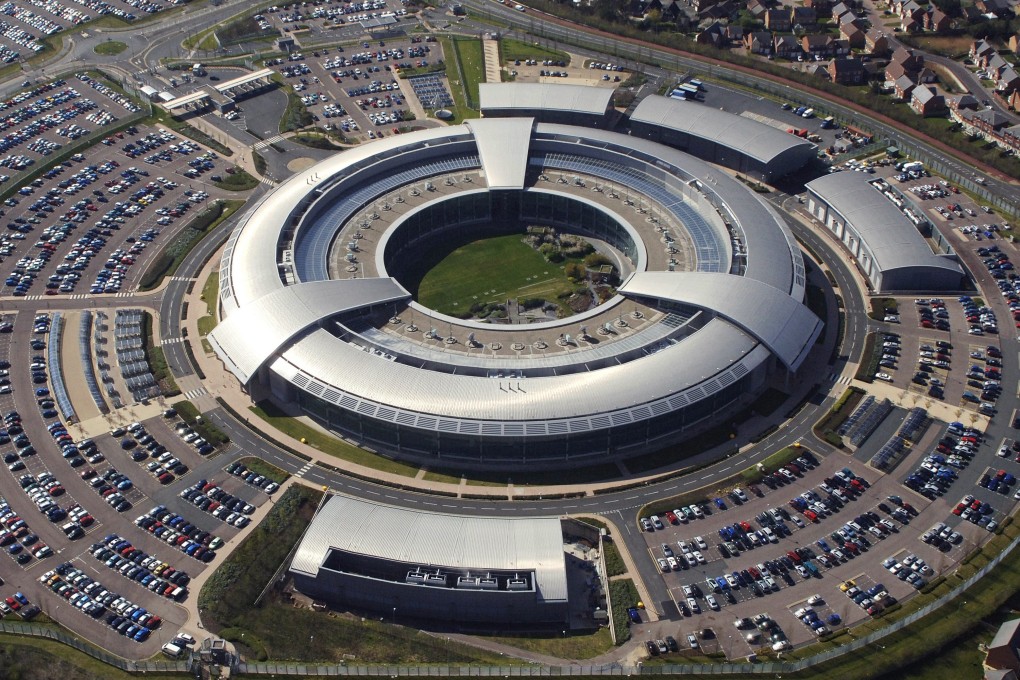British cabinet kept in the dark over vast spying programmes
Former British minister, Chris Huhne, says he was in ‘utter ignorance’ of Prism and Tempora and calls for tighter oversight of security services

Ministers of the British cabinet, the collective decision-making body of the UK government, and members of the UK’s national security council (the main forum for collective discussion of the British government’s objectives for security) were told nothing about the existence and scale of the vast data-gathering programmes run by British and American intelligence agencies, a former member of the government has revealed.
Chris Huhne, who was in the cabinet for two years until last year, said ministers were in “utter ignorance” of the two biggest covert operations, Prism and Tempora. The former Liberal Democrat MP admitted he was shocked and mystified by the surveillance capabilities leaked by the whistleblower Edward Snowden.
“The revelations put a giant question mark into the middle of our surveillance state,” he said. “The state should not feel itself entitled to know, see and memorise everything that the private citizen communicates. The state is our servant.”
Huhne also questioned whether the British Home Office (ministry for home affairs) had deliberately misled parliament about the need for the communications data bill when GCHQ, the government’s eavesdropping headquarters, already had remarkable and extensive snooping capabilities.
He said this lack of information and accountability showed “the supervisory arrangements for our intelligence services need as much updating as their bugging techniques”.
Over the past three months the London-based Guardian has made a series of disclosures about the activities of GCHQ and its much bigger American counterpart, the National Security Agency. Two of the most significant programmes uncovered in the Snowden files were Prism, run by the NSA, and Tempora, which was set up by GCHQ. Between them, they allow the agencies to harvest, store and analyse data about millions of phone calls, emails and search engine queries.
